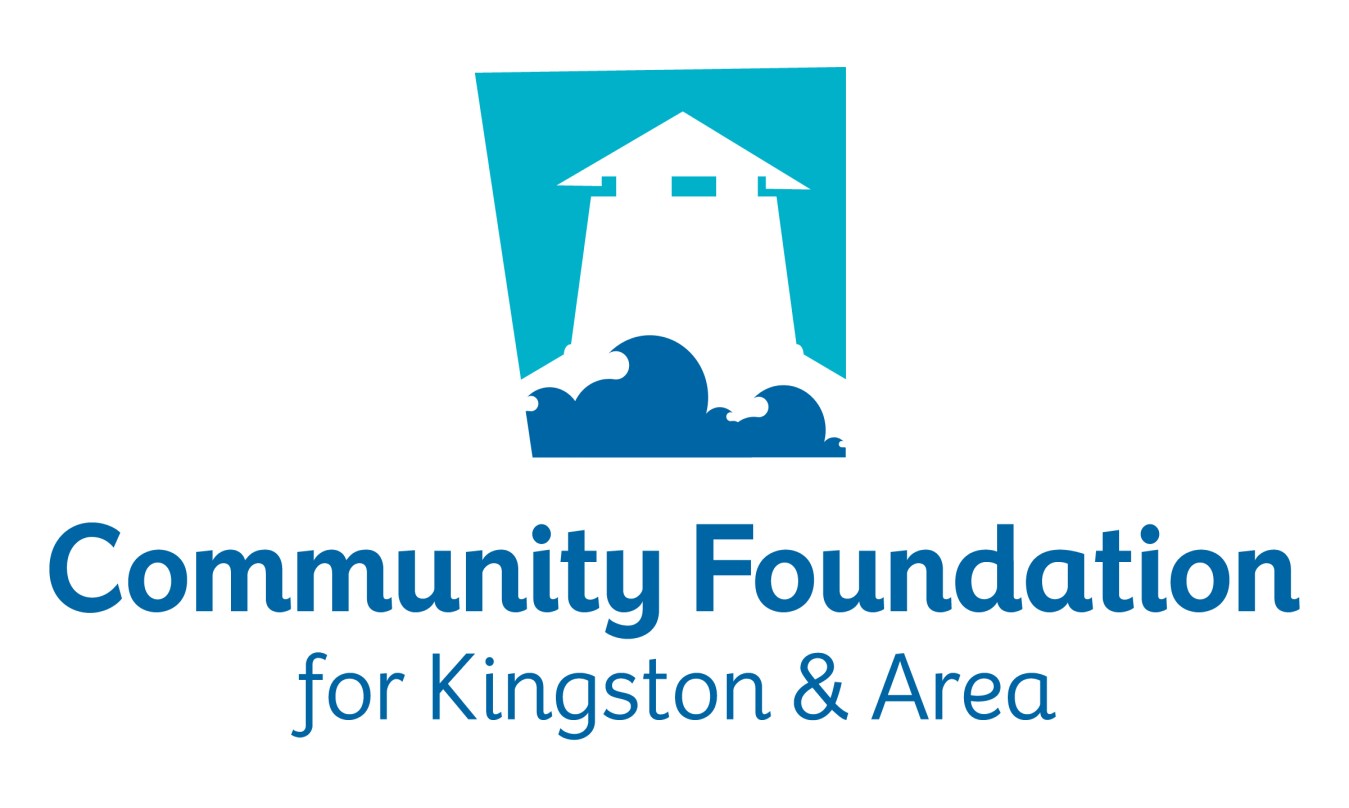Our Journey with ACEs: From Awareness to Action
For the past year, the Community Foundation has been exploring health (in)equity through our events and publications; particularly raising awareness of the life-long impact of Adverse Childhood Experiences (ACEs) on physical and mental health.
The journey began with the launch of our Vital Signs® report last October, when Mike Bell (CEO, Kingston Community Health Centres) spoke about health equity and the significant adverse impact of poverty on health. During his talk, he introduced us to the ACEs study.
We picked up on this conversation at our Speaker Series in January 2019 with Dr. Jeff Turnbull (Medical Director, Ottawa Inner City Health) who spoke about homelessness and health equity. His stand-out piece of advice: “Focus on youth. Prevent the start of street living and addiction”.
We took his advice and did a deep dive into ACEs at our next Speaker Series in May, entitled: ACEs Aren’t Wild Cards: Investing in community resilience to prevent and mitigate the effects of Adverse Childhood Experiences. Our speakers were Dr. Meredith MacKenzie (family physician, Street Health Centre) and Kris Millan (Director of Family Health, FKL&A Public Health). The event sold out.
After the speaker presentations, tables were challenged with the question “As a community, if we were to do ONE thing to address ACEs and build community resiliency, what would it be?”. The room exploded in discussion. But no table could come up with just one answer. Results from the discussion highlighted that while there is no one magical solution, many things will contribute to improving the health and social well-being of our community.
Table answers called for a broad variety of activities that support individuals, families and the broader community. Answers were reflective of activities that evidence has shown to work, signaling that there is a desire and readiness in our community to use the ACE approach.
Given this, and knowing that the first step in developing community resilience is a shared understanding of the issue, we decided to produce our first focused Community Insights report on ACEs.
We released the report in September, and feedback has been tremendous (if you haven’t seen the report, it and other resources are available at cfka.org/ACEs).
As a follow up to the release of the report, and wanting to find ways to put this knowledge into action, we secured licensing rights to the film Resilience: The Biology of Stress & the Science of Hope. This powerful documentary is all about how we can put the science around ACEs into action to build resiliency in our children, youth and families (see trailer at kpjrfilms.co/resilience). It shares some concrete examples of how other communities have seen tremendous improvements after implementing trauma informed care based on knowledge of ACEs.
On October 10 we are bringing over 100 community leaders and practitioners from all sectors together for a screening of the film and are thrilled with the positive response our invitations received. The event ‘sold out’ and the room will be packed with a wonderfully diverse group of representatives from multiple sectors and organizations including health, justice, education, service providers, academics, politicians, corrections, business, national defense, media, and representative from different cultural and faith groups. Our hope is that bringing this diverse audience together was that it will spark something; that these leaders will bring the message back to their organizations/communities for further discussion.
I am pleased to report that we are indeed seeing this! Several organizations have already requested film screenings with their staff and stakeholder groups.
Through this process we have met some incredibly talented and passionate professionals who are eager to take the knowledge we have of ACEs to change the way we support children, youth and families to achieve better outcomes. Some say the current system is broken. Systemic change is hard, so these champions for change need our support. It can start with learning more and being receptive to their message: to being open to the idea of doing things differently.
What’s Next?
There seems to be momentum growing in our community. We will continue to work with local champions and experts to listen, learn, and explore options. There is no one answer. But each of us can take steps to learn more and think about actions we can take personally or professionally to leverage this knowledge into positive action.
And why wouldn’t we act? The data is clear. If we can predict it, we can prevent it, and investment in prevention is far more efficient and economical. Economics aside, intervening earlier reduces suffering.
As for the Community Foundation, we will continue to help raise awareness of this issue, while looking to identify concrete ways we can help move this from knowledge to action. We will continue to follow and support the amazing community champions working hard to use this knowledge do things better.
We hope you continue to take this journey from awareness to action with us.
Together, we can use this knowledge to build a more resilient, healthier (and happier) community.
—–
You can learn more by:
- Attending a screening of Resilience
- Check out the resource lists we have compiled
- Visit your local Kingston Frontenac Library branch – they have several resources on ACEs and community resilience in their collection
You can help move to action by:
- Talking to people about what you’re learning
- Thinking about actions you can take personally or professionally
- Connecting with others: sharing what you (your organization) can contribute and identifying any supports you could use from others.
I NEED FUNDING
PROFESSIONAL ADVISORS
For Professional Advisors
Benefits of Working With Us
Tools and Resources
How to Set Up a Fund
275 Ontario Street Suite #100
Kingston, ON K7K 2X5
Phone: 613.546.9696
Fax: 613.531.9238
Email: info@cfka.org

275 Ontario Street Suite #100
Kingston, ON K7K 2X5
Phone: 613.546.9696
Fax: 613.531.9238
Email: info@cfka.org


